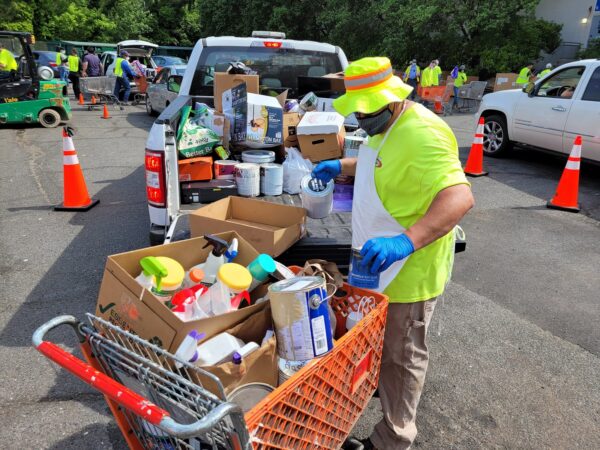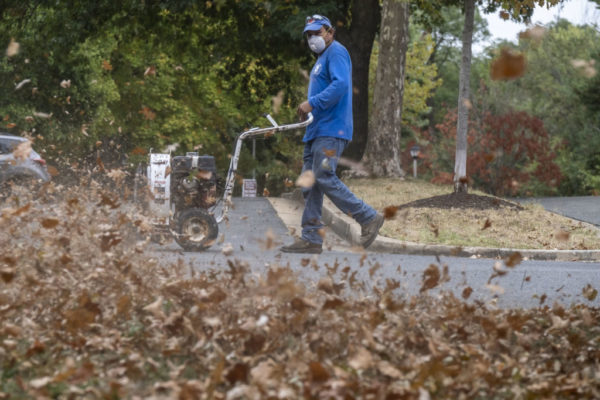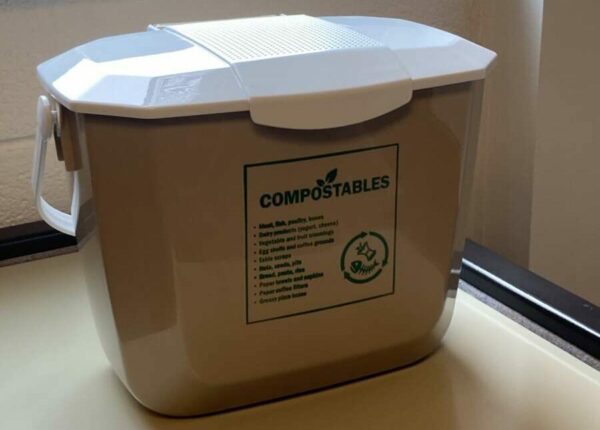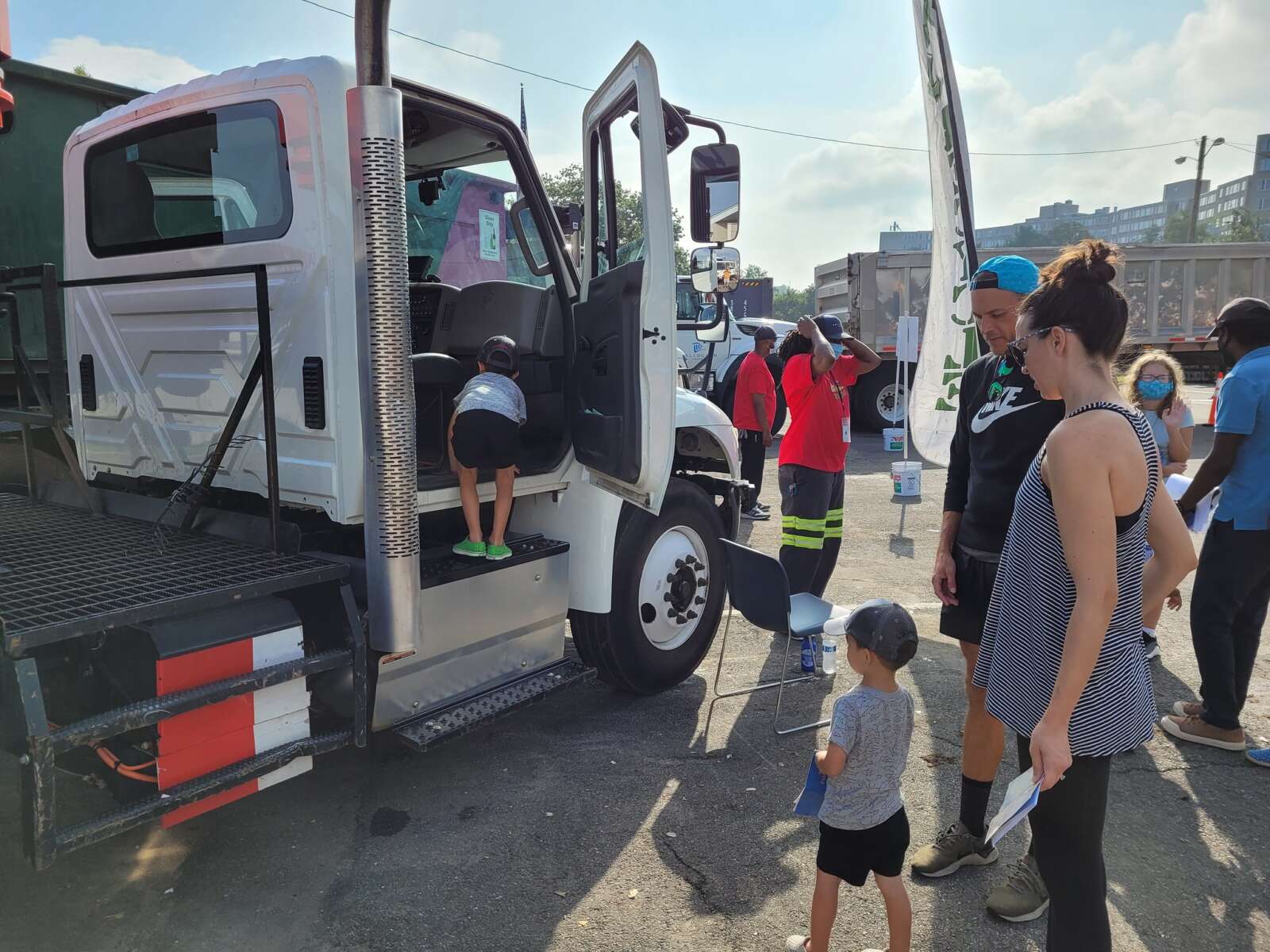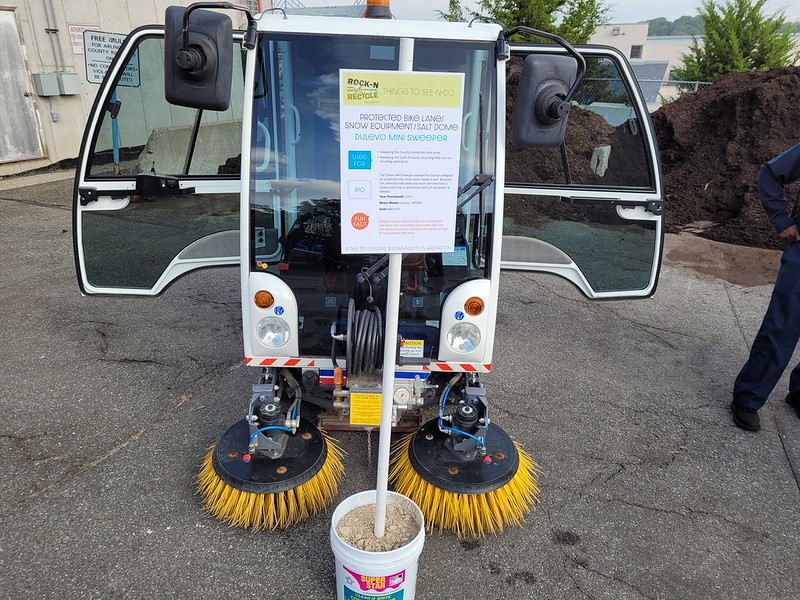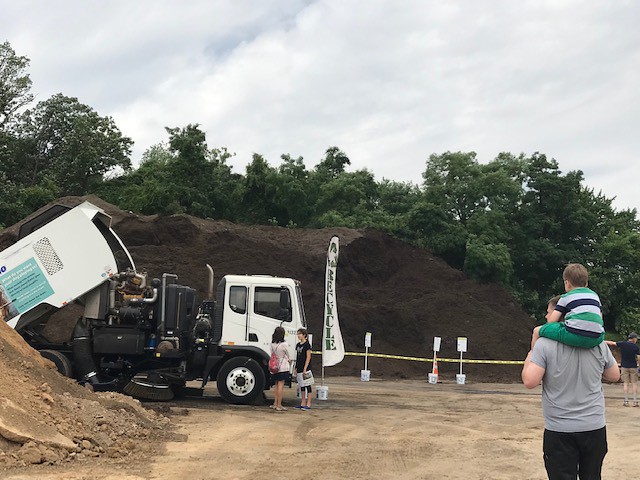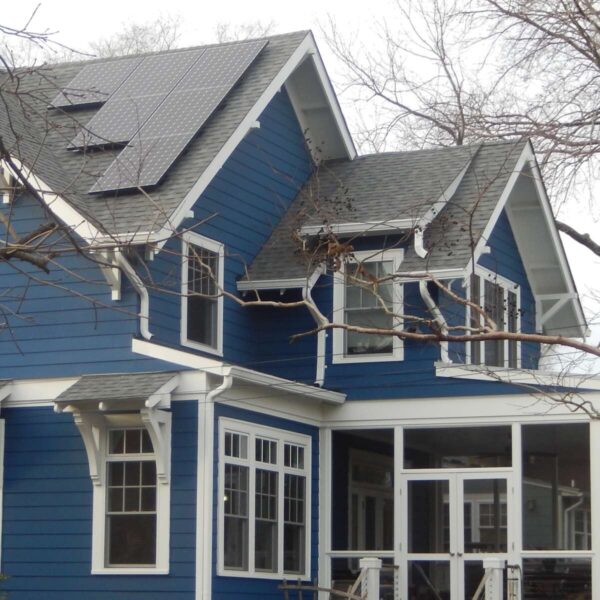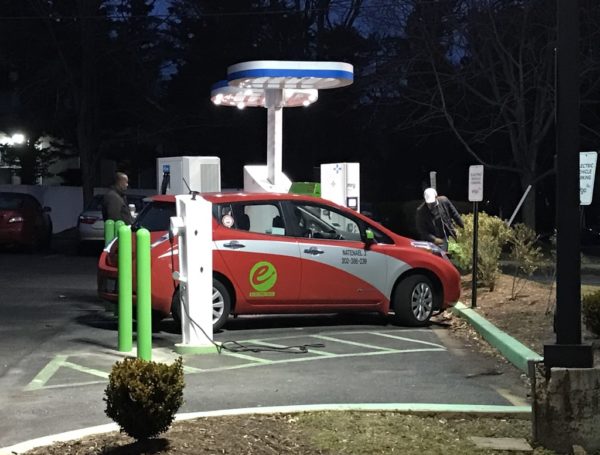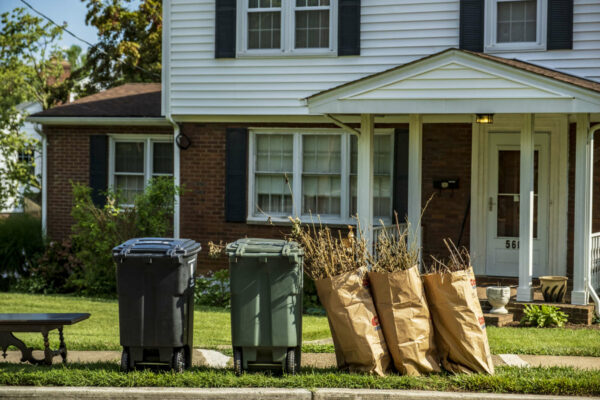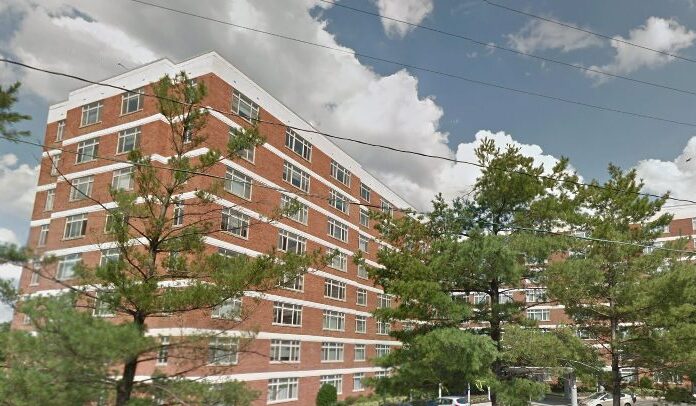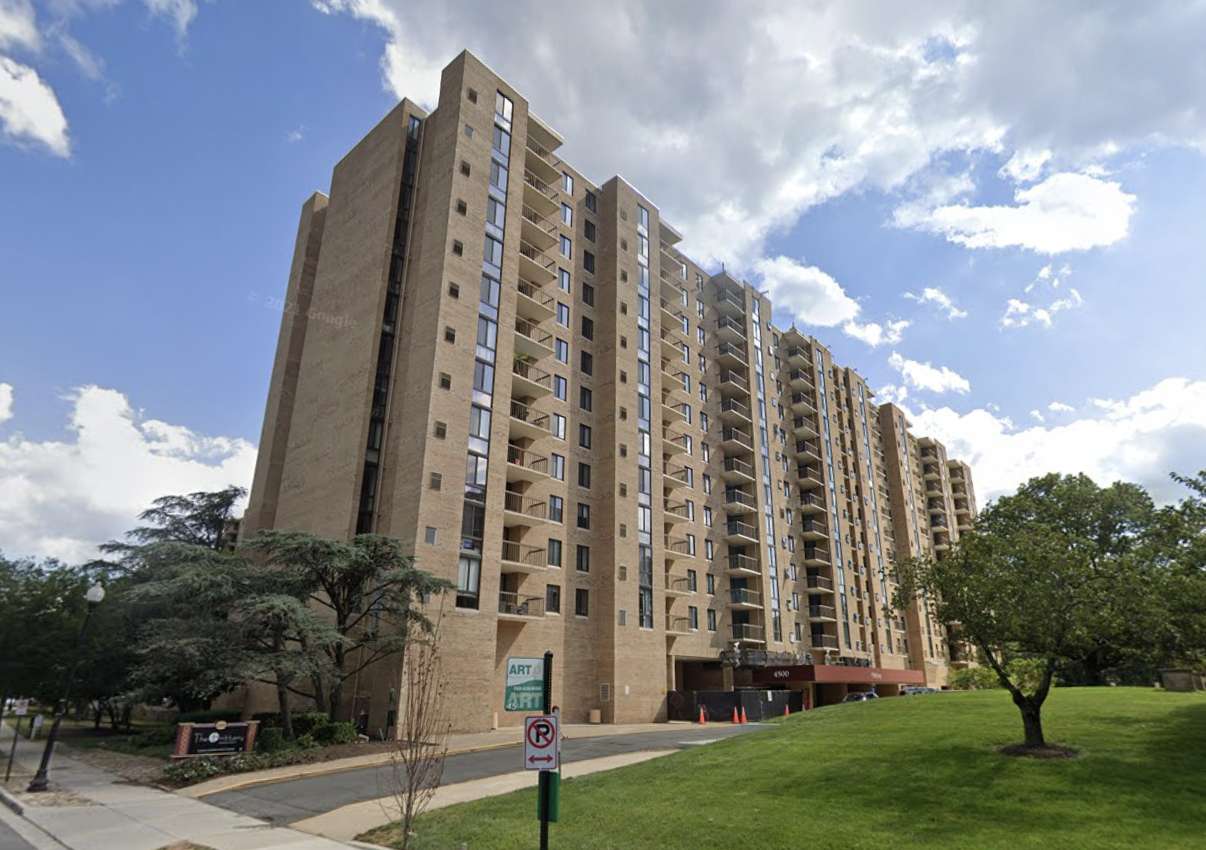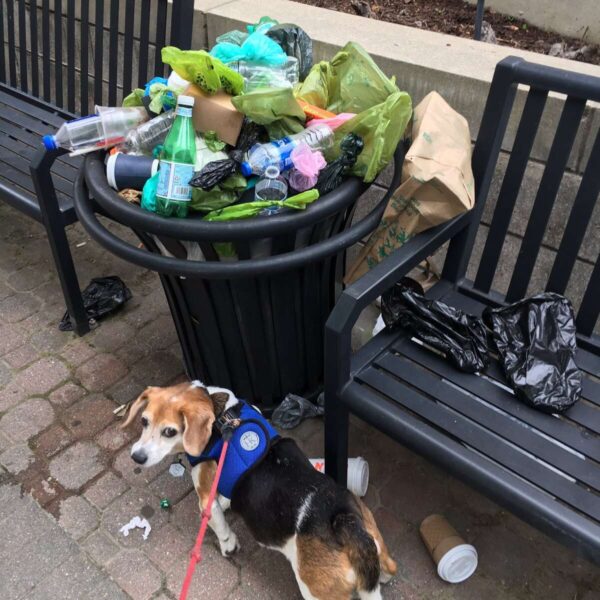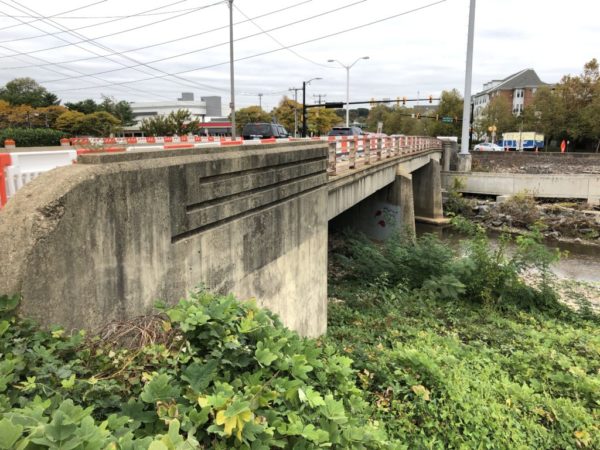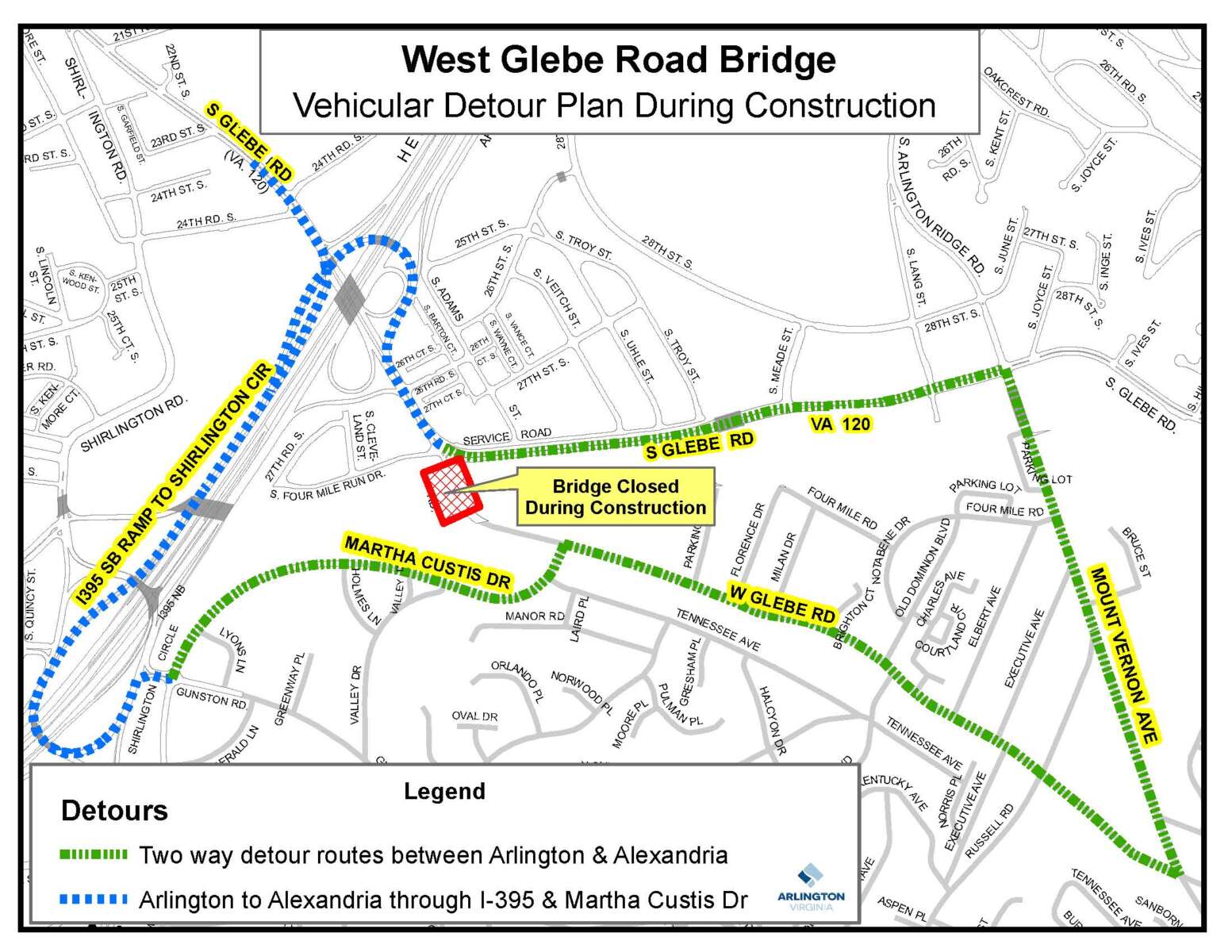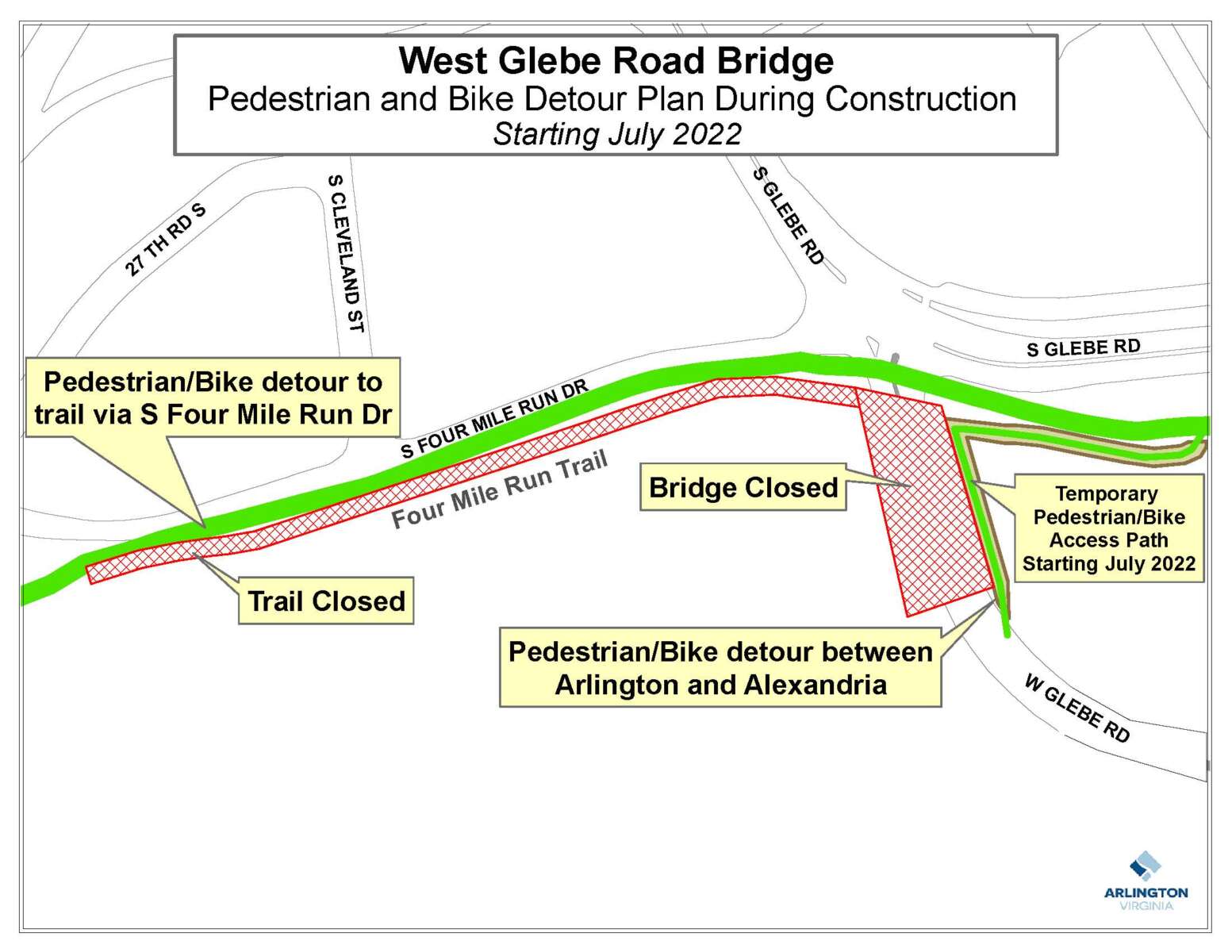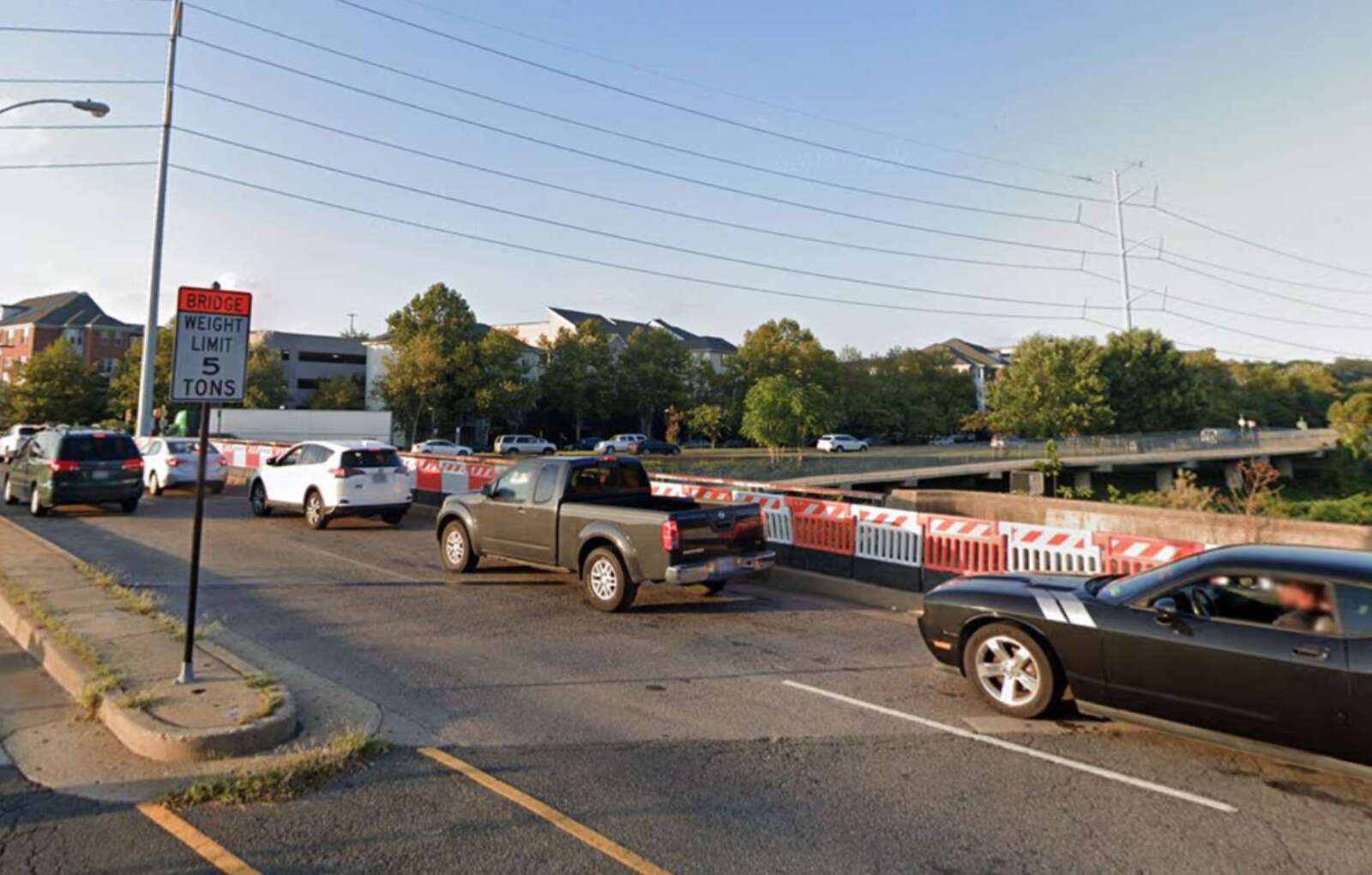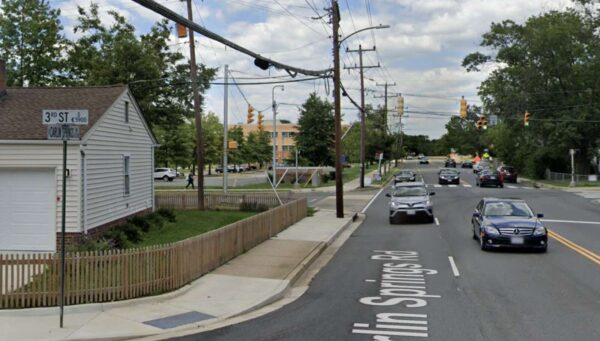
After a driver collided with a child on a bicycle on S. Carlin Springs Road this week, neighbors and advocates are calling for street safety upgrades.
For its part, Arlington County says it has already been working on safety measures for the area, which has narrow sidewalks, little or no pedestrian buffer and a history of crashes. Upcoming steps include reducing speeds near the schools in the area: Kenmore Middle School and Carlin Springs Elementary.
“We are looking into the details from police regarding the crash and will identify next steps based on the report,” Dept. of Environmental Services spokeswoman Katie O’Brien said.
And Arlington County Board member Matt de Ferranti has recently gotten involved, too. He tells ARLnow he has walked the area with advocates and will be meeting with staff next week.
“First and foremost, I understand that the young man is okay and the safety of our kids and our residents is highest on my mind,” de Ferranti said. “Second, the accident raises important and urgent questions about safety in that whole corridor… We need to do better to address them.”
How the crash happened
Just before 7 p.m. on Monday, a driver traveling south on S. Carlin Springs Road proceeded through a green light and struck a juvenile riding a bicycle in the crosswalk, Arlington County Police Department spokeswoman Ashley Savage said.
The driver remained on scene. The child, who did not require a trip to the hospital for treatment, was tended to on scene by medics, Savage said. No citations were issued.
While ACPD does not provide identifying information, she did say the child involved was older than first reported on social media.
The boy was bleeding, but injuries appeared NLT. He was tended to by medics and police in the back of what appeared to be an @APSVirginia white van (logo on pass door – assuming Kenmore M.S. related) to in the 7-11 parking lot. pic.twitter.com/qtr4Yijzrn
— Matthew Young (@matthewyoung31) October 3, 2022
A history of unsafe sidewalks
Community advocate Janeth Valenzuela tells ARLnow that she passed by the crash around 6:45 p.m. and saw emergency responders. She says she’s been working on safety along S. Carlin Springs Road for many years now, and has suggested everything from building a bridge for kids crossing the road to erecting a fence to prevent kids from getting pushed into the street.
“I’ve been proposing a lot of things, but they don’t take it into consideration,” she said. “The solution is hard.”
S. Carlin Springs Road is an important walking route for Kenmore students, but she and other residents say the pedestrian amenities are poor. Sidewalks are narrow and not well maintained and often do not have any landscaping separating pedestrians from traffic.
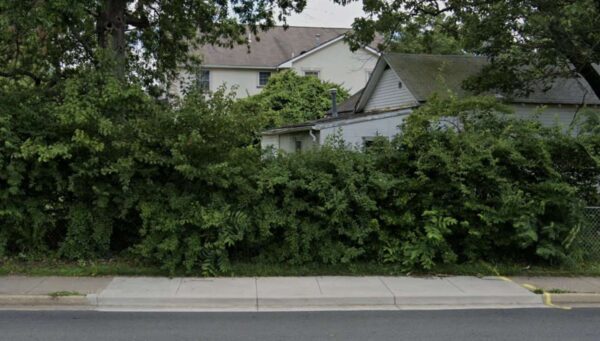
And people have been telling the county the same thing for nearly a decade, according to a 2014 report by the APS Multimodal Transportation and Student Safety Committee and Advisory Committee on Transportation Choices meeting minutes from 2017.
During one ACTC meeting in 2017, a father said moms with strollers pass kids playfully shoving each other on the sidewalk as cars whiz right next to them. In the winter, if the sidewalks aren’t plowed, kids walk in the road, he added.


